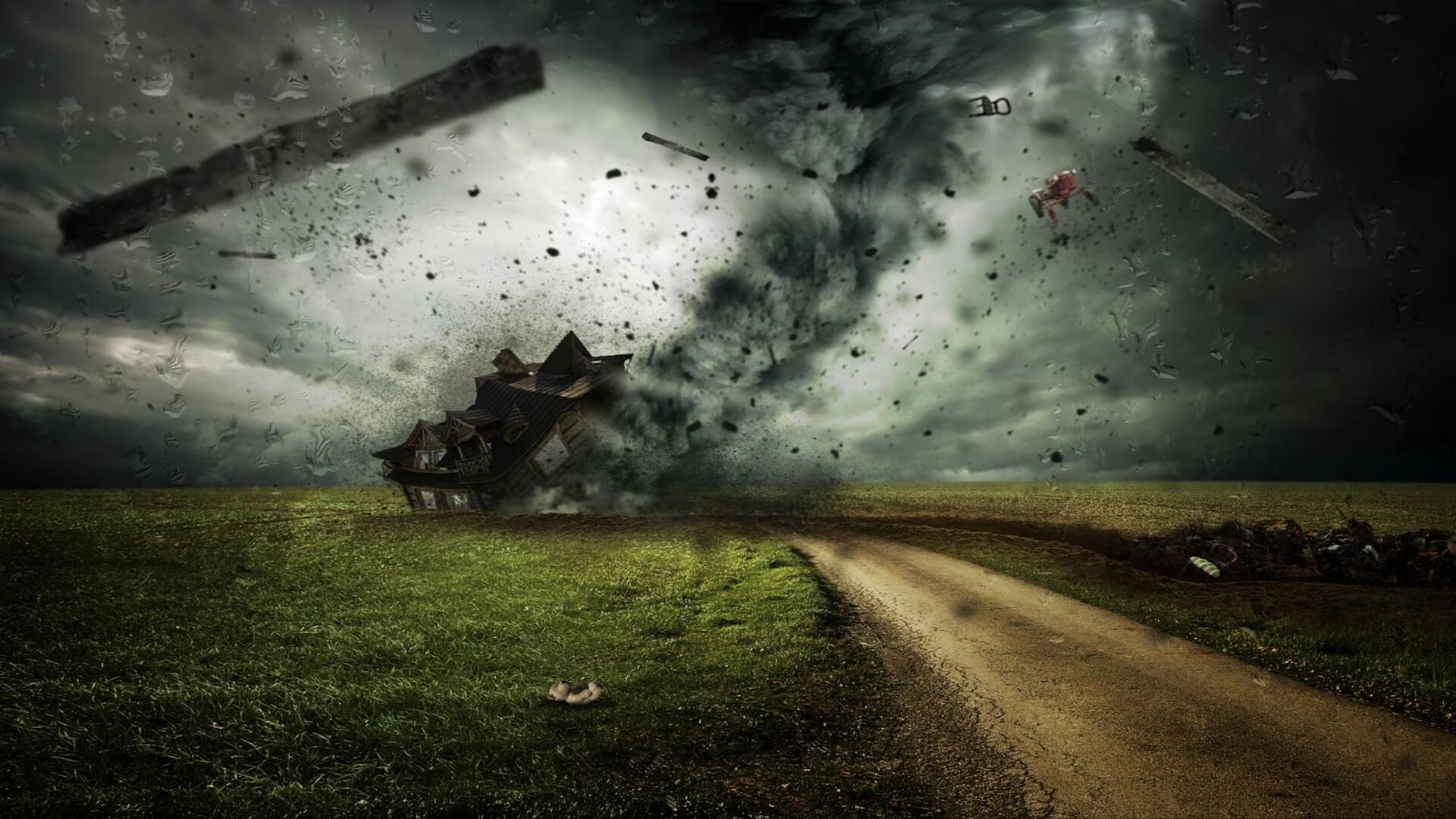One of the landmark purchases an investor can make is a rental property. With demand for property on the rise, it’s seen as a way to significantly boost income. However, there are some risks to be aware of and one of them is that your property can lose value through damage. So, what kind of risks should you be protecting it against?
Accidental Damage
When you rent out a property to a tenant, there’s no way of knowing how careful they’re going to be with the property and the items in it. You might check their credit history and their rental history but this won’t help you to fully understand whether they’re going to treat the property as though it was their own or if they’re going to be careless. Either way, it’s important that you’re covered for accidental damage caused by a tenant’s negligence. You should also be aware of how this differs from wear and tear, which is the way that objects slowly get damaged over time through normal daily use. Note that intentional damage to premises rented to you might not be covered, so be sure to read the small print of your policy.
Accidental damage can be expensive to repair but the damage is often limited to a specific part of the property, meaning that getting it fixed might not be something urgent
On the other hand, if the person living there causes fire through cooking or flooding damage by letting a basin overflow, for example, it could be a major concern. This is the sort of property damage that can leave the property uninhabitable and needing extensive repairs. In recent years house fires have caused around $7 billion in damage in the US, and on average, homeowners’ insurance claims for fire damage are around $80,000. Check with your insurer that incidents like house fires and flooding caused by the tenant are covered.
Extreme Weather Conditions
Severe weather can wreak havoc, especially taking into account that the US leads the world in catastrophes caused by the likes of hurricanes, tornadoes, droughts, and wildfires. Different risks are going to feel more of a threat to you based on where the property is, for example, if you live in the Midwest, tornadoes pose more of a threat than anywhere else in the country. Standard homeowners insurance policies typically cover tornado damage and other wind-related events, but check your policy to be sure.
Other Risks
There are many different risks and kinds of property that you’ll expect to see covered in your insurance policy. This runs from burglary and vandalism to air conditioning units breaking down, with the best policies covering all of the main risks of damage that you want to see covered.
If you’re in doubt about what type of insurance policy best suits you then seek expert advice. This is the best way to make sure that you get a policy that covers everything pertinent to you. Otherwise, remember that you can never know too much, so do your research.
































